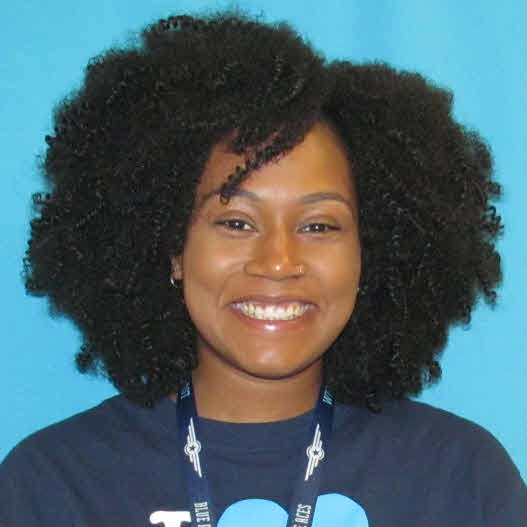In the United States, 700 women die every year from often preventable pregnancy or childbirth complications. An additional 60,000 more experience highly preventable birth injuries. Black women are three times more likely to die from those complications than white women. According to the CDC, the maternal mortality rate in the U.S. is roughly 17.4 maternal deaths per 100,000 live births. About 16% of those deaths occurred on the day of delivery while a staggering 60% of deaths occurred post-partum.
In Kansas, the Kansas Birth Equity Network (KBEN), a community-centered initiative, works to improve Black maternal, paternal, and infant health in Kansas. The network consists of community members, parents, physicians, and researchers working together to develop solutions in the state of Kansas. In this third post of our series, three Kansas parents who are members of KBEN share their perspectives on birth equity.
 Morbidity among prominent figures such as Beyoncé, Serena Williams and Allyson Felix highlight that these disparities persist regardless of socioeconomic factors like income and education. Beyoncé is a well-known entertainer, and Serena Williams and Allyson Felix are both two of the top athletes in the world. Beyoncé and Allyson had complications during their pregnancies that resulted in emergency C-sections.
Morbidity among prominent figures such as Beyoncé, Serena Williams and Allyson Felix highlight that these disparities persist regardless of socioeconomic factors like income and education. Beyoncé is a well-known entertainer, and Serena Williams and Allyson Felix are both two of the top athletes in the world. Beyoncé and Allyson had complications during their pregnancies that resulted in emergency C-sections.
Serena Williams has a history of blood clots and takes anti-coagulants to prevent them. Yet she was not taken seriously when she warned the hospital employees that she had a hard time breathing and could be experiencing an embolism. After pleading for help, she got an X-ray — and it showed a blood clot in her lungs that could have killed her. Stories like these highlight the importance of looking beyond the numbers to see the lived experiences of birthing persons across the United States.
Parent Perspectives on Birth Equity
Birth equity means empowering birthing persons to understand what’s going on with their bodies. It also means that they have authority over their birthing experiences. Birth Equity means that some individuals may need more support to feel empowered and to have authority over their birthing experience. Every woman should have culturally appropriate and individualized support. Every woman should also have access to a birthing plan that their medical team adheres to unless medically necessary to modify.
— Valerie White
How can Black communities trust doctors when enslavement and exploitation of Black men and women fueled economic growth? How can Black communities trust doctors when exploitation led to “advancements” in the medical field? We carry these historical contexts in our daily lives and in our interactions with medical systems. We need quality health care and compassionate healthcare providers. Providers who are not skewed by a medical schooling that uses racism to maintain the status quo. Furthermore, we need targeted laws and policies at the grassroots, state, and national levels that increase support for Black families in order to increase birth equity.
— Stephanie Freeman
In my world, the concept of birth equity should look like those crime TV shows where they blur or censor a persons face to protect the identity of the person telling their story. We assume the person is either underage or trying to protect themselves. Either way, they are still telling their story because no matter what they look like, this is their reality. Those watching and listening from their couch usually try to decode information such as the person’s gender, race, age, etc. However, they still listened without placing a bias based on their personal appearance or identity. Birth equity requires something like this. Placing a blur on racial biases in order to provide the high quality services to all.
— Joyea Marshall-Crowley
Birth Equity is Necessary
Creating birth equity is not a simple task. Structural racism is deeply ingrained in our society and medical systems. As a result, it is easy to become discouraged by the amount of work that needs to be done. However, it is important that we continue to work towards birth equity. We cannot continue to lose our community members to preventable pregnancy and childbirth complications.
Special thanks to Oluoma Obi and Dr. Sharla Smith for their contributions to this post.



